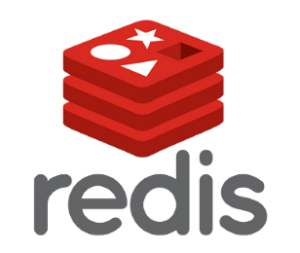Kamailio SIP Server v5.0.6 stable is out – a minor release including fixes in code and documentation since v5.0.5. The configuration file and database schema compatibility is preserved, which means you don’t have to change anything to update.
Kamailio v5.0.6 is based on the latest version of GIT branch 5.0. We recommend those running previous 5.0.x or older versions to upgrade. There is no change that has to be done to configuration file or database structure comparing with the previous release of the v5.0 branch.
Resources for Kamailio version 5.0.6
Source tarballs are available at:
Detailed changelog:
Download via GIT:
# git clone https://github.com/kamailio/kamailio kamailio # cd kamailio # git checkout -b 5.0 origin/5.0
Relevant notes, binaries and packages will be uploaded at:
Modules’ documentation:
What is new in 5.0.x release series is summarized in the announcement of v5.0.0:
Note: the branch 5.0 is the previous stable branch. The latest stable branch is 5.1, at this time with v5.1.1 being released out of it. Be aware that you may need to change the configuration files and database structures from 5.0.x to 5.1.x. See more details about it at:
Check also the details of next Kamailio World Conference, taking place in Berlin, Germany, during May 14-16, 2018. Details with a selection of speakers and sessions have been published. The registration is open!
Thanks for flying Kamailio!





